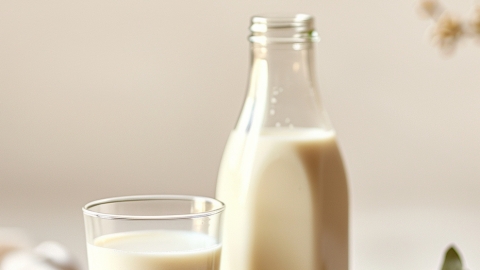Can people with cholecystitis drink milk or yogurt?
Generally, patients with cholecystitis can drink milk or yogurt, but should do so in moderation. Detailed analysis is as follows:

Patients with cholecystitis may consume milk or yogurt during stable periods of the disease. Milk is rich in high-quality protein and calcium, which helps nourish the body. Choosing low-fat or fat-free milk reduces fat intake and avoids stimulating gallbladder contraction. Yogurt, being fermented, has part of its lactose broken down, making it easier to digest and absorb. It also contains probiotics that help regulate intestinal flora and maintain digestive system stability. Both beverages do not increase the metabolic burden on the gallbladder and are suitable for moderate daily consumption.
In daily life, patients should avoid drinking chilled milk or yogurt, as low temperatures may irritate the gastrointestinal tract and indirectly affect the gallbladder. It is recommended to bring them to room temperature before consumption. Intake should be controlled: about 200–250 ml of milk or 100–150 g of yogurt per serving is appropriate, as excessive amounts may cause bloating. For patients with lactose intolerance who experience diarrhea or abdominal pain after drinking milk, yogurt or lactose-free milk is preferred. Consumption should be suspended during acute flare-ups and only cautiously resumed in small amounts after symptoms subside.




